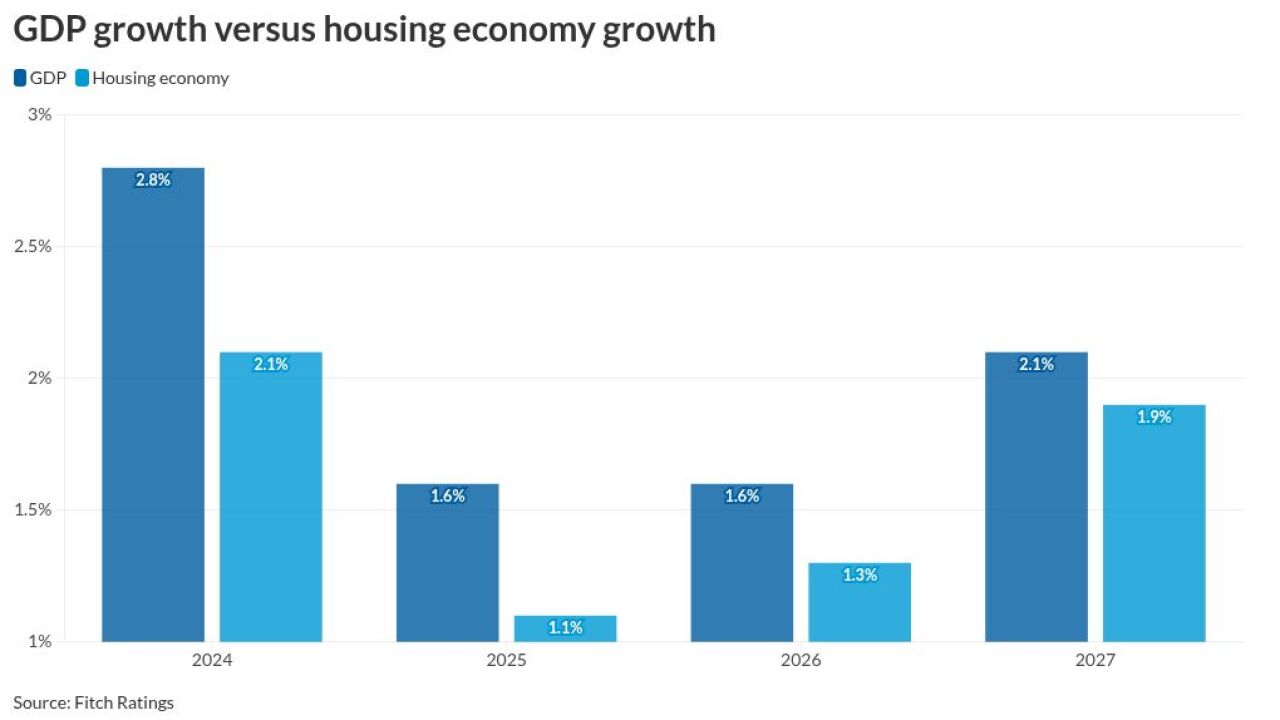Two student loan securitization, one backed by private student loans and one backed by U.S. Federal Government student loans, began marketing this week.
The Pennsylvania Higher Education Assistance Agency’s PHEAA Student Loan Trust 2015-1 will offer $621.5 million of securities backed by student loans that are at least 97% reinsured by the U.S. federal government.
Citigroup is the lead manager and Standard & Poor’s plans to rate $621 million of class A notes, AA+’. A total of $15 million of unrated subordinate notes will provide 2.42% of credit support to the class A notes.
The loan pool consists of approximately 83.6% consolidation loans and 14.7% Stafford loans with the remainder Parent Loan for Undergraduate Students (PLUS) and Supplemental Loans for Students (SLS) loans.
Approximately 44.1% of the pool is 97% guaranteed by the ED, 55.4% is 98% guaranteed, and 0.5% is 100% guaranteed. Most of the loans in the pool are in repayment status and generating cash flow, and the remaining obligors are either in school (0.1%), grace (0.0%), deferment (9.0%), or forbearance (11.9%).
About 19.4% of the loan pool consists of rehabilitated loans, which are FFELP loans that previously defaulted but are back in repayment. Although these loans have a much higher default frequency than the typical FFELP loan pool, the loan retains the initial pre-default 97%, 98%, or 100% guarantee by the guarantee agency and the Department of Education, according to S&P.
On the private lending side, Sallie Mae Bank is marketing $704 million of securities backed by a pool of private student loans. Barclays, Credit Suisse and JP Morgan are the lead managers.
Standard & Poor’s plans to rated $263 million of class A-1, floating-rate notes, AAA’, $164 million of fixed-rate, class A-2A notes, AAA’, $82 million of floating-rate, class A-2B notes, AAA’ and $70 million of floating-rate, class A-3 notes, AAA’.
Further down the credit curve are $75 million of A’ rated class B notes and unrated, $50 million tranches of C notes are also structured.
The issuer has pooled loans that were made and underwritten under various loan programs it administered or sponsored to provide private funding for students enrolled in traditional, four-year programs (94.4% of the pool), two-year programs (4.2%), and proprietary and vocational programs (1.3%). The loans have an average outstanding balance of $17,091 and pay on average a rate of 8.21%. Only 8% of the loans included in the pool do not have a co-signer; cosigned loans tend to outperform non-cosigned loans, according to the presale report.
Sallie Mae Bank currently licenses its loan originations platform from Navient and expects to have its own origination platform ready sometime in the first half of 2015. The issuer completed the operational separation of its servicing platforms and personnel from Navient on Oct., 13, 2014.





